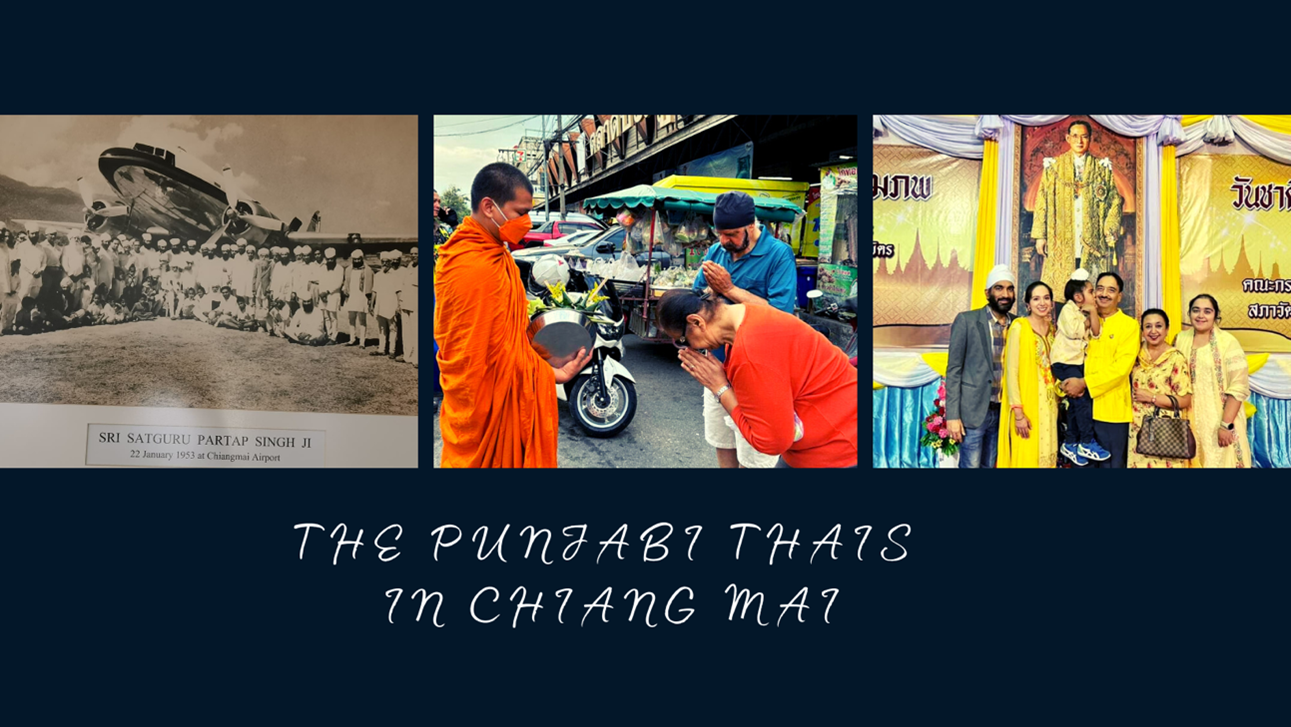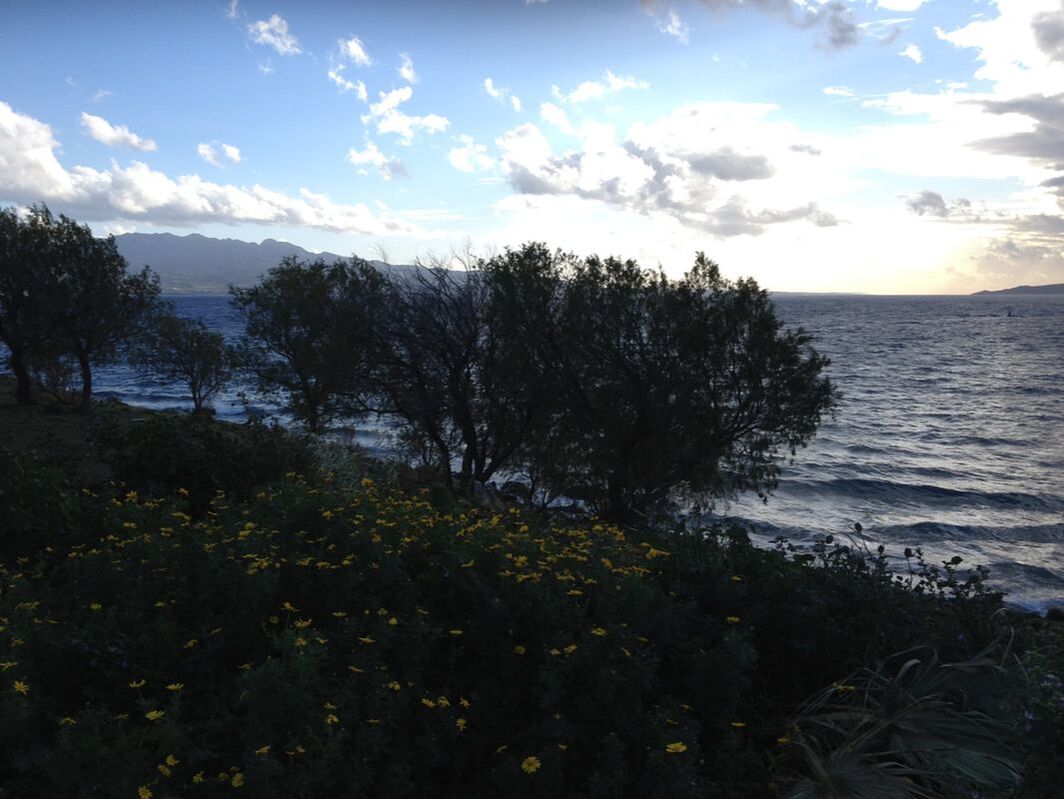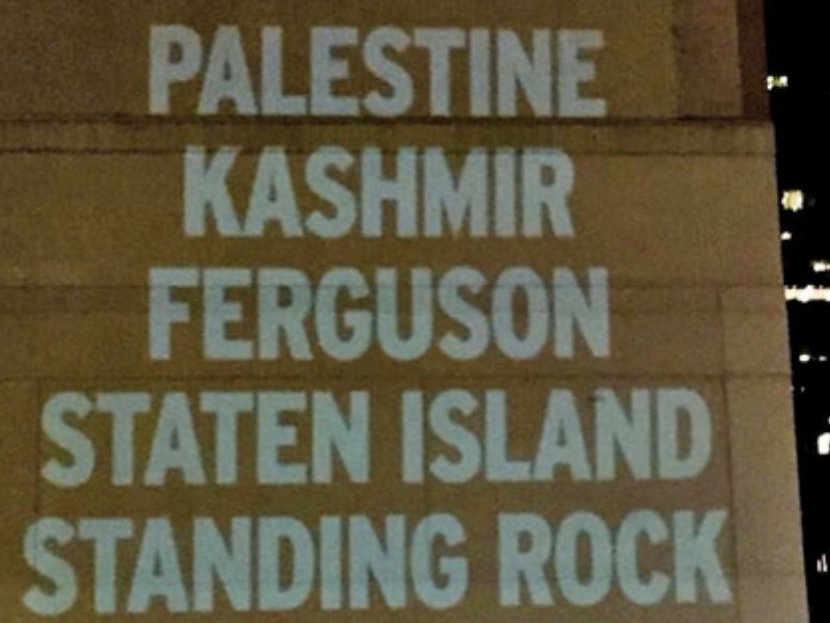|
|
|
What does a Thai person look like? How do expectations about citizenship create an ethicized cultural phenotype? In our Identities article, ‘Turbaned northern Thai-ness: selective transnationalism, situational ethnicity and local cultural intimacy among Chiang Mai Punjabis’, we explore family histories, selective transnationalism and regional Lanna identities among Thai citizens with Punjabi heritage and selective cultural identity. This article argues that Punjabi Thais maintain their networks and cultural connections with a historic ancestral homeland, but they also cultivate forms of local cultural intimacy in ways which leapfrog the linguistic and cultural hegemony of Thai national identity. In other words, despite their non-Thai appearance, these Punjabi Thais have deeply local cultural knowledge, speak Northern Thai language fluently and have Northern Thai cultural sensibilities.
In our Identities article, ‘I became a Taiwanese after I left Taiwan’: identity shift among young immigrants in the United States’, we seek to engage with transnationalism literature, which argues that migrants continue to remain concerned with their origin country. As our case study shows, successful assimilation into the host country does not mean migrants will relinquish their previous attachment. In fact, fresh experiences abroad might actually activate and intensify their homeland identity. Our study documents unpleasant contacts with people coming from People’s Republic of China (PRC) and personal experiences with the immigration rules that favour Taiwanese. Our interviewees also share the disenchanting discovery that America was actually lagging behind Taiwan in terms of healthcare, public transportation and recycling, which encourages these young migrants to cherish heir Taiwanese identity. In short, being Taiwanese is something one can take pride of, and therefore, our interviewees explained they do not want to be viewed by people from PRC as their 'compatriots’ or identified as ‘Chinese’ by their American friends.
What happens if young migrants are deprived of maintaining contacts to close friends and relatives over a very long period of time and across different countries? What impact does this have on their personal development and their outlook on life?
In my Identities article, ‘Transnational social fields in forced immobility: relations of young Sub-Saharan African migrants in Morocco with their families and friends’, I attempt to find answers to these questions by focusing on young African migrants in Morocco. The young people that I interviewed had travelled without any family members or friends when they left their origin countries. All of them had to use a variety of legal and irregular means to cross borders during their journey through different countries. Most of them had been travelling months and sometimes years before arriving in Morocco. By the time they got there, they had used most of their financial resources and often had lost contact to their social networks. Because of their irregular status in Morocco, they could neither move back south nor travel further north towards Europe. Underemployment and poverty limited their access to social media and modern technologies, so that their ability to communicate with their relatives and friends became sporadic.
In 2015, a toddler gained world fame most tragically. Alan Kurdi, a three-year-old boy, drowned alongside his brother Ghalib and their mother Rehanna Kurdi while trying to cross the Aegean Sea from Turkey to Greece. The photographs of his washed-ashore body lying face down on the beach on the Bodrum peninsula in Turkey travelled around the world and caused a global outcry.
These images were widely modified and re-mediated in forms of cartoons, drawings, graffiti, sand sculptures and re-enactments to raise awareness of the EU’s lethal borders. Moreover, they became a token for solidarity with people seeking refuge in Europe. Alan Kurdi represented the death of so many others and thus became a symbol for the protracted disaster in the Mediterranean Sea. The dead child’s images represented more than anything else the fear, anger and hope revolving around the so-called ‘EU refugee crisis’ in 2015. For a brief moment, the global indignation caused by the photographs made many critics of the EU border management believe that EU policies towards migrants and refugees might change. While the outrage about the EU’s role in producing this deadly sea has triggered scattered protests in the past, nothing spurred such a vehement reaction as the images of the dead child. Not only members of civil society but also policy makers expressed sorrow over his tragic death. The cruelty of the border regime became tangible and even contributed to the opening of the Balkan Route.
Transnationalism is a fundamentally agentic concept. Emerging as a critique to methodological nationalism, it emphasises processes that occur between, beyond – and often in defiance of – the boundaries of the ‘nation state’. Applied to international migration, it stands as a dominant paradigm for framing sustained economic, social and cultural ties maintained by migrants across international borders, and enduringly celebrates the agency of transmigrant actors with fluid connections to countries of origin and destination.
Our Identities article, 'Forced transnationalism and temporary labour migration: implications for understanding migrant rights', takes a very different view of transnationalism. We suggest that, while the tone-setting ‘first wave’ of the transnationalism literature offered an important critique of assimilationist immigration regimes in the global north, its agentic emphasis had little resonance with highly-restrictive guest-worker migration prevalent across the global south – particularly the major migration corridors of Asia. In these settings, state power was then, and still is now, pivotal in circumscribing the transnational existences of millions of migrant workers who emigrate out of economic necessity but are trapped between multiple political and economic interests that ensure their migration is strictly temporary. Though scholarship on transnationalism has typically shied away from defining these temporary labour migrants as transmigrants on account of the narrow scope of activities presumed to be carried out by the remitting labourer, this seems disingenuous.
As the COVID-19 pandemic rendered people around the world homebound, home for some US citizens turned out to be the colonial town of Granada, along the shores of Central America’s largest lake, Lake Nicaragua, in a country many of these settlers had known only as the bloody battleground of the revolutionary Sandinistas and the counter-revolutionary (US-Backed) Contras.
These ‘expats’ began migrating to Nicaragua, in earnest, in the early 2000s (though an American presence in the country extends much further back in history). They are drawn by a quest for adventure, but also by affordable, spacious Colonial-era homes, maids and gardeners, and upscale restaurants in a country ranked second poorest in Latin America. In stark contrast to the attention focused on ‘caravans’ of migrants fleeing Central America en route to the US, these US citizens and other north-south migrants go generally unnoticed in the public discourse on global migration. My Identities article, ‘Rooted in relative privilege: US ‘expats’ in Granada, Nicaragua’, examines this group of international migrants, incorporating some of the same concepts used to study their counterparts moving from the Global South to the Global North. Based on fieldwork in Granada, Nicaragua and in-depth interviews with 30 US citizens who have made their homes there, I focus on how these individuals negotiate a sense of identity and belonging as US citizens residing full-time in Nicaragua.
'There are no Asians in Asia, only people with national identities, such as Chinese, Japanese, Korean, Indian, Vietnamese and Filipino. But on this side of the Pacific, there are Asian Americans', wrote the historian Ronald Takaki. This quote juxtaposes the diversity and heterogeneity of individuals in Asia with the American reality of their pan-ethnic conflation.
In my recently published Identities article, 'There are no Asians in China: the racialization of Chinese international students in the United States', I explore this idea empirically with a longitudinal study of Chinese international students and their racialisation in the United States. I argue that it is through a process of racialisation – a process that involves learning about the concept of 'race' and one’s own social categorisation under such a paradigm – that those arriving from a country like China or Japan could eventually come to identify as 'Asian' or 'Asian American'. My study draws on two-stage interviews with 15 Chinese international students. The first interviews were conducted within two weeks of their arrival in the United States. I did so in order to capture the Chinese students’ initial understandings of race and their racial identities, before much acculturation processes could take place. I found, not surprisingly, that most Chinese students at this stage identified strongly with their national identity as Chinese and dismissed the category 'Asian' as a label of little significance to them.
‘And so it begins. India’s settler-colonial project has arrived’, reads the headline of The Medium on the 31st of October 2019. It must be noted that Indian setter-colonialism arrived through a longer colonial engagement, a brutal history of Indian denial of Kashmiri self-determination since October 1947.
On the 5th of August 2019, the Indian government executed a legally questionable constitutional annexation of the state of Indian-administered Jammu and Kashmir after placing Kashmiris under an unprecedented digital and physical lockdown, a military siege. Kashmir’s semi-autonomous status has long suffered what Duschinski and Ghosh have called a process of occupational constitutionalism. The Jammu and Kashmir Land Reorganisation Act 2019, enacted on the 5th of August, came into effect on the 31st of October 2019. Kashmiris, whose right to determine their political future has been denied for 72 years, will now no longer have the right to exclusive ownership in their land. The Indian government has been busily attracting domestic and foreign investment. A member of the upper house of the Indian Parliament has called for Indian settlers from the armed forces to move into Kashmir. These settler-colonial moves further militarise and destroy an already fragile ecology. Caged physically and digitally, Kashmiris face a demographic change. The Indian state’s record of widespread extrajudicial killings, torture, sexual assault, enforced disappearances and mass graves over the last 30 years has been referenced by the Office of the United Nations’ High Commissioner reports of 2018 and 2019. The militarisation and the threat of demographic change have prompted the US-based Genocide Watch to issue a genocide alert for Kashmir. |
|
Explore Identities at tandfonline.com/GIDE |
|
The views and opinions expressed on The Identities Blog are solely those of the original blog post authors, and not of the journal, Taylor & Francis Group or the University of Glasgow.








